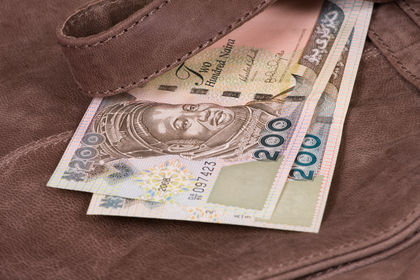Nigeria - Taxation

By far the most important direct tax is the petroleum profits tax. The rate on taxable profits of petroleum companies since 1975 has been 85%, but a guaranteed profit of $2.30 per barrel was established in 1986.
With the restoration of democracy, most state and local governments have found it necessary to introduce their own local levies in the face of dwindling revenues from the Federation Account to the State and Local Governments.
Despite the heavy dependence on petroleum and mining revenues, other direct taxes remain relatively high. The corporate tax rate was 30% in 2002. A reduced rate of 20% is available for companies engaged in manufacturing, agricultural production or mining solid minerals, and for wholly export-oriented enterprises. A withholding tax of 10% is applied to dividends but with exemptions for export-oriented businesses and small manufacturers. Also dividends paid in script or company shares are not taxable. However, income from the export of Nigerian goods by foreign companies was not subject to the tax. There was also a capital gains tax of 10% and a tax of 10% on dividends. Taxpayers are subject to a 10% capital gains tax on the disposal of assets inside or outside of Nigeria, although as of 1 January 1998 capital gains from the sale of stocks and share is exempt. Companies are liable for an education tax of 2% of taxable profits. The tax on companies engaged in upstream (exploration and production) activities in the petroleum sector is 85% of chargeable profits.
Under the Personal Income Tax Act, both Nigerian and foreign residents in Nigeria are subject to tax on their worldwide income. Personal income tax rates range from 5% to 30% on taxable incomes. Property taxes are assessed by state governments.
In 1993, the Value-added Tax Decree (VAT Act) abolished the 1986 Sales Tax Decree of 1986, establishing a VAT with a standard rate of 5% chargeable on most goods and services. Exempted goods include medical and pharmaceutical products, basic foodstuffs, books and educational materials, baby products, locally manufactured fertilizers, all exports, plants and machinery used in export processing zones (EPZs). Of the proceeds collected, 50% goes to state government, 35% to local governments, and 15% to the administrative costs of the tax. States are also authorized to impose a tax on goods and services rendered in the state. Excise duties on beer, tobacco, textiles, and other goods are also levied.
Comment about this article, ask questions, or add new information about this topic: